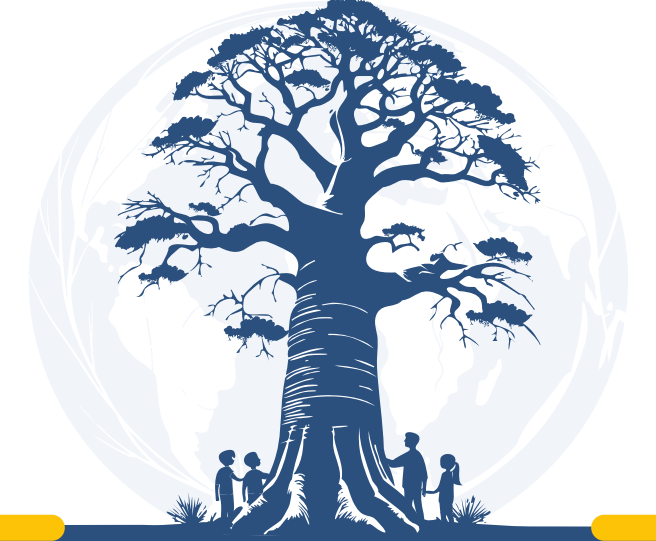Fight against paedophilia in the Church: Vatican Report notes Asia’s slow pace
Posted on October 29th, 2024
Courtesy PIME Asia News
The annual document for Pope Francis on initiatives for the prevention of child abuse was presented today. The Commission calls on local Churches to overcome a culture of silence, a reluctance to report abuse, and a general lack of education and awareness concerning safeguarding practices.”

Vatican City (AsiaNews) – The first Annual Report on Church Policies and Procedures for Safeguarding was presented today in the Vatican. The picture dedicated specifically to the Asia-Pacific region still shows how far there is to go in protecting minors.
In this region’s Catholic Churches, it is still hard to identify and address the true scale of abuse within Church institutions due to a pervasive culture of silence, a reluctance to report abuse, and a general lack of education and awareness concerning safeguarding practices. These challenges are compounded by challenges of clericalism.”
The document was drafted at the behest of Pope Francis, who asked the Pontifical Commission on the Protection of Minors, the body created ten years ago to promote the fight against paedophilia in the Church and chaired by Card Sean O’Malley, to present every year an assessment of what is being done around the world for the sake of “transparency and accountability”.
The document was drafted by a working group chaired by jurist Maud de Boer-Buquicchio, a member of the Commission, with a long experience in defending minors on behalf of international institutions.
In its 96 pages, it takes stock of both the overall responses of the Church and a series of particular situations examined during the last 12 months (including the Catholic Bishops’ Conference of Papua New Guinea and the Solomon Islands and that of Sri Lanka, who made their ad limina visit to the Vatican).
What stands out is the second chapter, dedicated to analyses produced by Regional Groups, drawn up by some members of the Commission together with experts from the individual continents. It is in this context that the above-described cross-section of the Asia-Pacific context is offered.
This is not to say that there are no positive experiences in this field: the Regional Group expressly mentions some in South Asia (Bangladesh, India, Sri Lanka, Nepal, Pakistan, Bhutan), where safeguarding measures have been implemented in some dioceses, as exemplified by the St. Joseph’s Safeguarding Centre in Mumbai, India.”
The study also praises the significant commitment to the path of Justice and Conversion – the path indicated by Pope Francis, based on the five steps of Conversion from evil, truth, justice, reparations and guarantees of non-recurrence – carried out in Australia and New Zealand, also thanks to the collaboration with outside bodies like the Royal Commission into Institutional Responses to Child Sexual Abuse (Australia) and the current Royal Commission of Inquiry into Historical Abuse in State Care and in the Care of Faith-based Institutions (New Zealand).
However, alongside these positive steps, the challenges to be met remain great. Within South Asia (Bangladesh, India, Sri Lanka, Nepal, Pakistan, and Bhutan), the Church has been a force for community support,” reads the report, but there have also been instances of clerical abuse that require careful attention and resolution.”
It goes on to stress that “Unique socio-economic landscapes, with factors such as religious diversity and legal systems, require individualised protection strategies”, which are still evidently struggling to assert themselves.
Regarding Southeast Asia (Myanmar, Thailand, Laos, Cambodia, Vietnam, Indonesia, East Timor, Malaysia, Brunei, Singapore, Philippines), the report states that, instances of clerical abuse have been inconsistently reported, often hindered by traditional hierarchical structures, patriarchal values, ineffective legal mechanisms, corruption, and fears of social reprisal.”
In Central Asia (Kazakhstan, Kyrgyzstan, Tajikistan, Turkmenistan, Uzbekistan), it notes, the presence of the Church is relatively insignificant, shaped by the region’s predominantly Muslim culture and constrained by political and legal factors. Collaboration between the Church and state agencies should be improved, which requires a comprehensive strategy to build trust within local communities, enhance legal and policy frameworks, and invest in community-based interventions.”
As for the Pacific islands, while they have diverse cultures, they all face issues such as a lack of data, high abuse rates, and a culture of silence. The Catholic Church holds influence but faces complexity in safeguarding. Samoan culture struggles with addressing abuse and the situation calls for introspection, education, and collaborative intervention.”
Finally, with respect to East Asia (China, Japan, South Korea, Taiwan, Mongolia, Hong Kong, Macao), the report states that, there is a persistent need to develop specific partnerships with governmental and nongovernmental stakeholders,” hinting at important slow pace.
However, the report also indicates ways to help these local Churches to make progress. Solidarity among Bishops’ Conferences is essential to overcome the dearth of specifically dedicated resources in the Churches of Asia, as well as in those of Africa and Central and South America.
Alongside this, the path forward remains listening to the victims and their families. As Card O’Malley said during the presentation of the document, their courage to speak out, calling the Church and her leadership to accountability” made possible all the steps that are being taken in the world for the protection of minors.